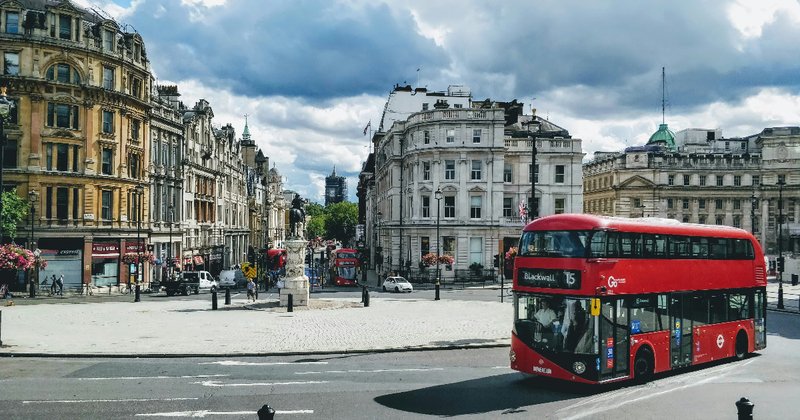BBC London mayoral debate: fact checked

Ahead of the London mayoral election on 2 May, four candidates have taken part in a BBC London televised debate, discussing issues including housing, travel and the capital’s Ultra Low Emission Zone (ULEZ).
The candidates appearing were current Mayor of London and Labour candidate Sadiq Khan, Conservative party candidate Susan Hall AM, Liberal Democrat candidate Rob Blackie and Green party candidate Zoë Garbett. A total of 13 candidates are contesting the election.
Full Fact has taken a look at some of the claims made during the debate, which you can watch back on BBC iPlayer.
Join 72,953 people who trust us to check the facts
Sign up to get weekly updates on politics, immigration, health and more.
Subscribe to weekly email newsletters from Full Fact for updates on politics, immigration, health and more. Our fact checks are free to read but not to produce, so you will also get occasional emails about fundraising and other ways you can help. You can unsubscribe at any time. For more information about how we use your data see our Privacy Policy.
Have TfL fares been frozen?
Liberal Democrat candidate Rob Blackie challenged London mayor Sadiq Khan’s claim that he has “frozen” Transport for London (TfL) fares. Mr Blackie said: “That’s not true. It’s only true if you don’t count travelcards.”
It is true that most adult pay-as-you-go single fares on TfL services (including the Underground and buses) have been frozen at current levels from this year until at least March 2025. However some prices, including daily and weekly fare caps on TfL services (but not caps for bus and tram fares), have gone up.
Travelcards and services involving National Rail also increased last month by an average of 4.9% (in line with the national rail fare increase). The Mayor is not responsible for setting these prices.
The net impact of the TfL fare freezes and the increases to other fares is estimated to be a 1.7% increase in fare revenue yields.
ULEZ and pay-per-mile
During the debate Conservative candidate Susan Hall claimed: “Sadiq Khan said he would never bring in the ULEZ expansion, and he did”. As a result, she said, people didn’t trust his pledge not to introduce a pay-per-mile road charging scheme.
We looked at these claims in detail earlier this month. Mr Khan and TfL have previously talked about the potential for a pay-per-mile scheme, but he has since repeatedly said that he’s now ruled out bringing one in while he’s mayor.
It’s true that in July 2021 Mr Khan said he had “no plans to extend the ULEZ to outer London”, then announced in November 2022 that it would be extended to cover most of Greater London in August 2023.
Mr Khan didn’t specifically reference this extension in his 2021 re-election manifesto, though he did say he would “monitor all existing road-charging schemes”.
He was challenged on his past comments in this written question, with Mr Khan’s response published earlier this year.
During tonight’s debate Mr Khan said he no longer needed to introduce a pay-per-mile scheme as a result of the decision to extend ULEZ.
Affordable homes
The candidates also discussed their approach to housebuilding and house prices in the capital, with one voter in the audience stating “ordinary Londoners can’t afford to live in London”.
While there are several ways to measure ‘affordability’ or the cost of living, ONS data does show buying a home in London is less affordable than many places elsewhere. In 2023 housing in all 32 London boroughs was less affordable to buy than on average in England and Wales.
This is based on the ratio between median house prices and median annual earnings in a local authority.
In London, the median house price is 11.9 times the annual salary—compared to 8.3 times in England as a whole.
Image courtesy of Josh Mills